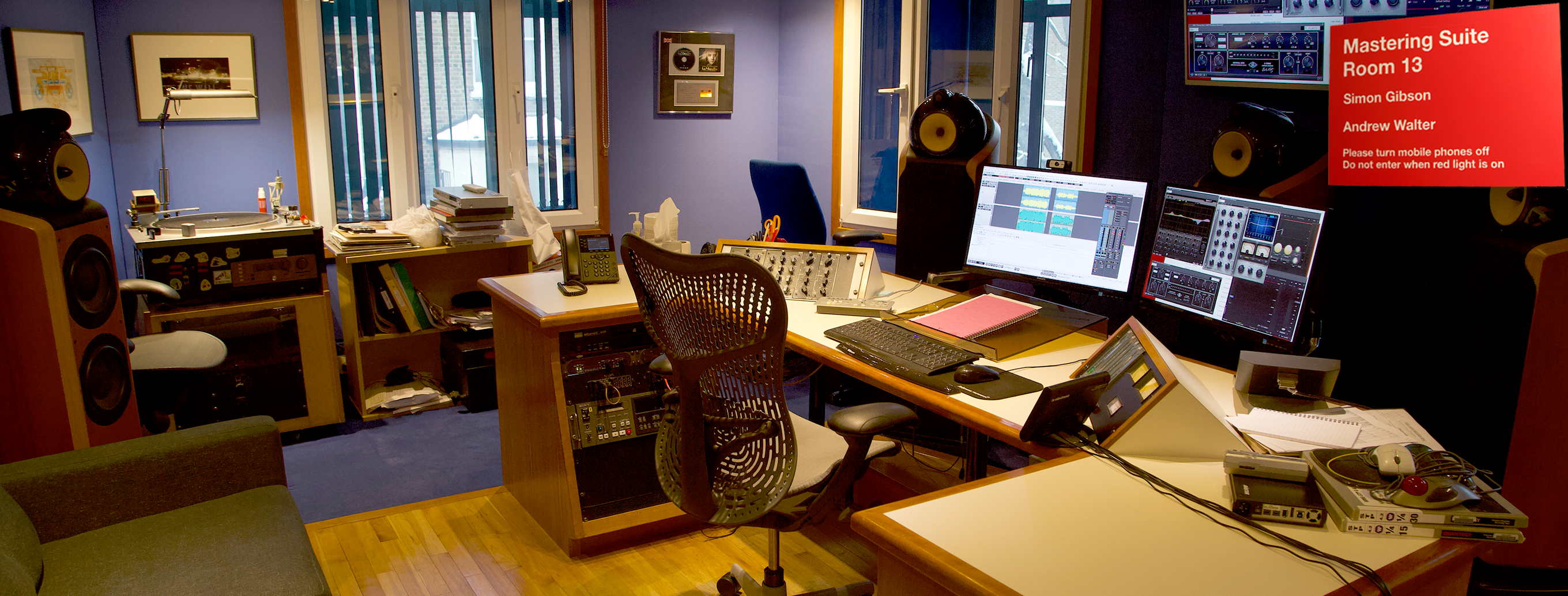Justdafactsmaam
Addicted to Fun and Learning
- Joined
- Nov 13, 2023
- Messages
- 763
- Likes
- 537
Again BS. No two vinyl needle designs sound alike, some not remotely.
Oh but any two rooms and speaker systems are. You are diving into the absurd.
That’s nice. Here’s another one from the modern era. It’s this obscure studio called Abby Road. What speakers do you see there?Which one is an accurate representation of the source (the ditch).
More BS, Antiquated designs from the vinyl era.
This is a modern studio.
View attachment 353703

Abbey Road Rooms: Mastering Suite 13 with Simon Gibson and Andy Walter
The latest in our behind-the-scenes tour sees us step inside Room 13, home to Abbey Road engineers Simon Gibson and Andy Walter. Simon and Andy take us through some of the equipment they use to master tracks from the latest digital tech to analogue gear that has been a part of the Abbey Road...
So do you limit your listening to recordings only made in modern control rooms just like the one you cited and only dedicated Dolby Atmos multichannel recordings? If so that’s your thing. I listen to a wide variety of recordings made many different ways. Most of which were from the “vinyl era” so do many other audiophiles. Do I need to post a variety of pictures of various control rooms over the years to prove my assertion that there is no way in hell you can know what was heard in those studios when those classic recordings were made?
You’re dipping into cognitive dissonance in your defense of Your disdain for other people’s preferences. The idea that vinyl playback varies more than speakers and rooms is plainly absurd. This new argument of consistency in control rooms ignores most of the history of recorded music.
Go back, watch JJ’s lecture and pay attention. You can’t judge accuracy of anything that preceded the source signal you have at hand.
Accuracy does not equate preference and preference does not equate accuracy. Your preferences are not special or better

